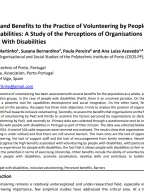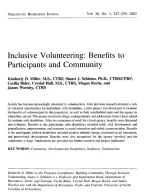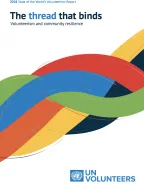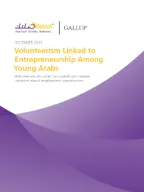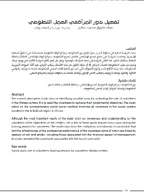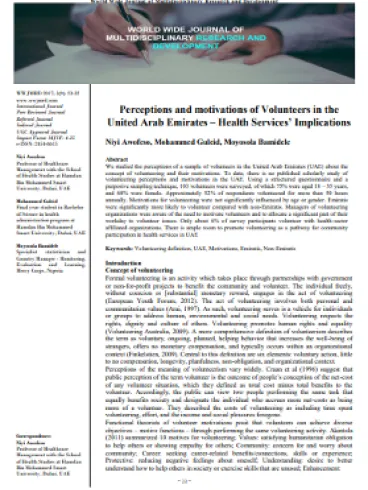
Perceptions and Motivations of Volunteers in the United Arab Emirates: Health Services’ Implications
Fast read
-
This paper studies the motivations and perceptions of volunteers towards volunteering in the United Arab Emirates (UAE).
-
The research took place between October and December 2016 and the data was collected using a survey of 103 volunteers (68 per cent female and 75 per cent 18–35 years of age).
Summary
The research found that 52 per cent of volunteers volunteered for more than 50 hours per year. While UAE citizens were more likely to volunteer than non-nationals, age and gender were not found to significantly influence motivation. Around 6 per cent of respondents reported volunteering for organizations affiliated with the health care sector. The study found that volunteerism in the country’s health sector is under-developed in terms of the numbers of volunteers involved and the type of activities in which volunteers can participate. It also found suboptimal organization of volunteerism in health care and discordance between volunteers’ motivations and organizational objectives. The research emphasizes the potential of volunteerism as a promising approach to ensure community participation in health services in the UAE.
The research provides decision makers and stakeholders within the health care system with a better understanding of the important roles and contributions played by volunteers in promoting health. It also highlights the need for a strategic approach to harness the contribution of volunteers in meeting organizational objectives, while benefiting patients and the local community.













